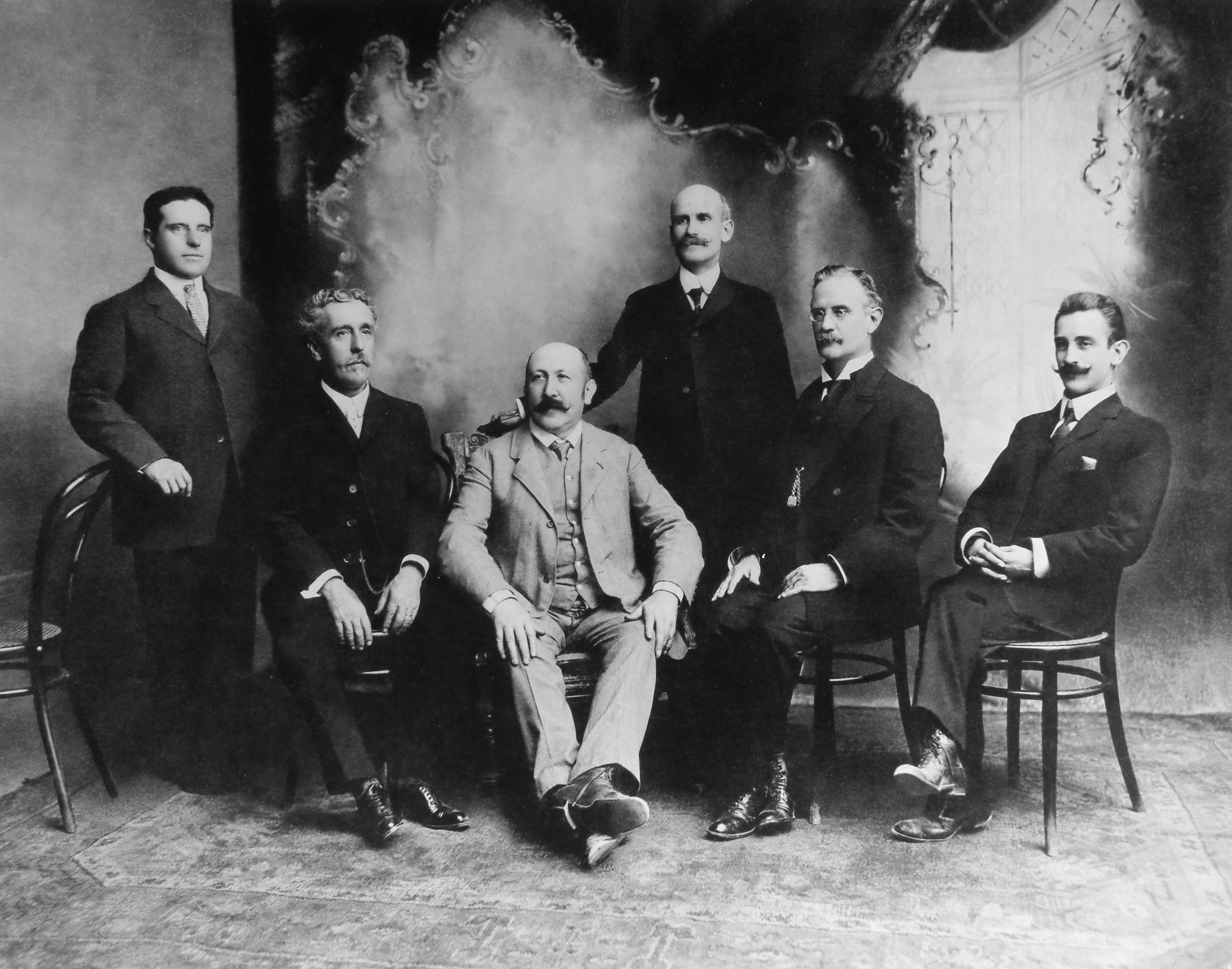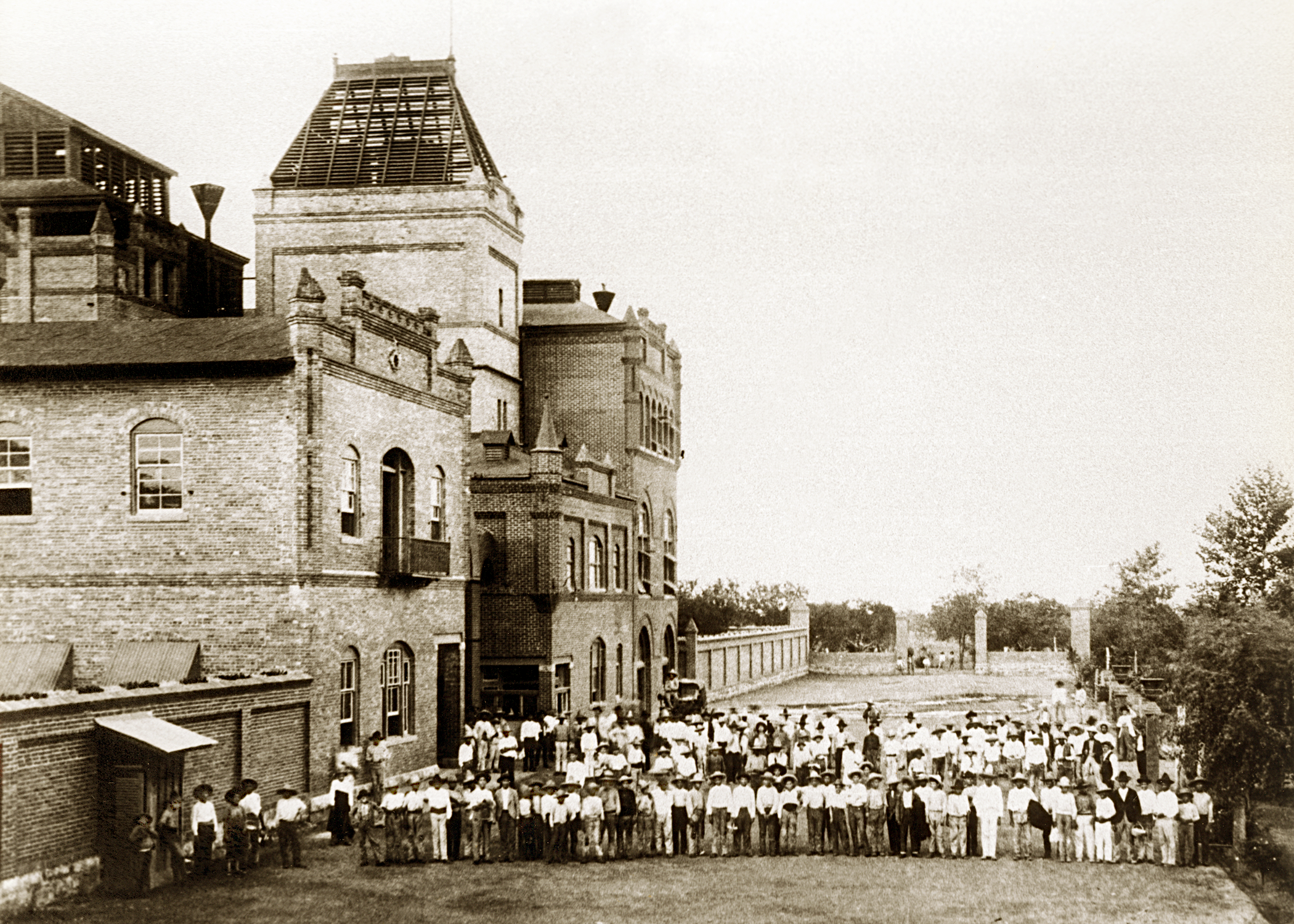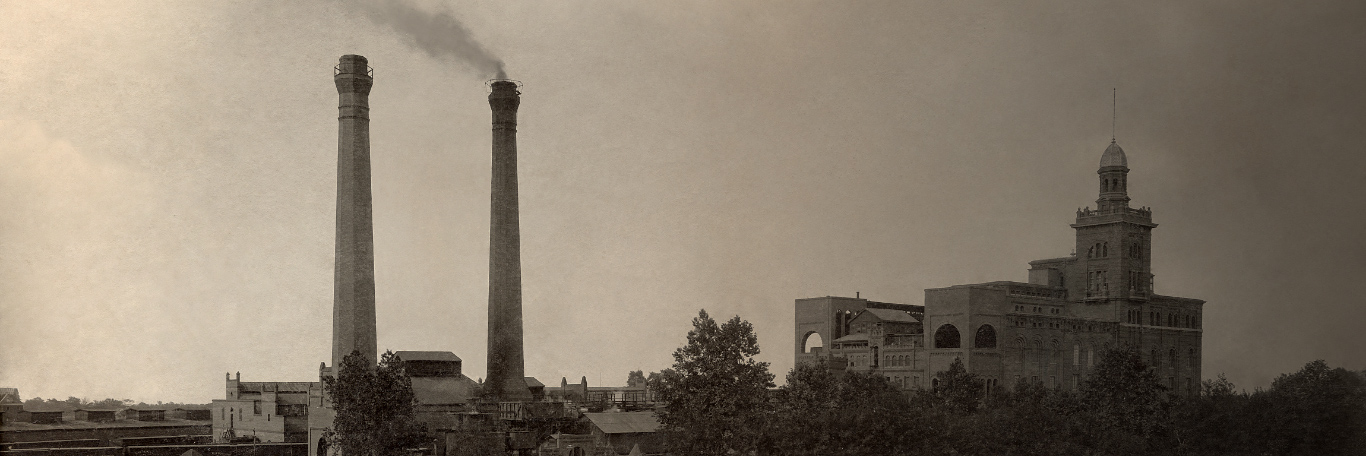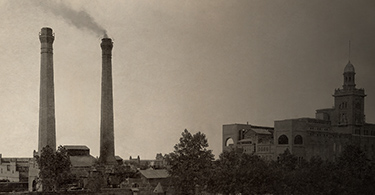2022
We acquired Valora, a foodvenience leader in the European market, with operations in Switzerland, Germany, Austria, Luxembourg and the Netherlands.
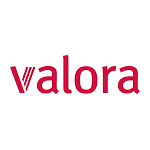
We reorganized our organizational structure to give place to the Proximity Division, the Health Division, and the Digital Division in the space that FEMSA Comercio occupied as a Business Unit.
Between January and June, Envoy Solutions acquired Weiss Bros, General Chemical & Supply, Inc., Bio-Shine, Inc., ATRA Janitorial Supply Company, Sigma Supply of North America, American Paper & Supply Company, and Hughes Enterprises.
2021
Between August and December, Envoy Solutions completed the acquisition of Daycon Products Co., North Woods, Pen Jersey Paper Co., Next-Gen Supply Group, Johnston Paper Company, Inc., Swish White River Ltd., and Valley Janitor Supply Company, as part of FEMSA's strategy to build a leading national distribution platform in the United States.
The company formed by North American Corporation, WAXIE Sanitary Supply, Southeastern Paper Group and SWPlus, changed its name to Envoy Solutions.
2020
In December, Waxie and North American expanded their geographic presence and product portfolio through the acquisition of SWPlus and Southeastern Paper Group.
On May 15th, 2020, FEMSA announced that it successfully closed the transaction regarding its investment in a platform within the specialty distribution and cleaning products and consumables industry in the United States, integrating WAXIE Sanitary Supply and North American Corporation.
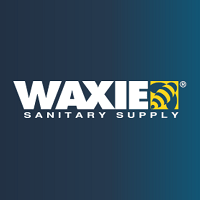
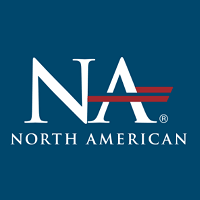
2019
FEMSA Comercio, through its Socofar subsidiary, successfully acquired Corporación GPF, a leading pharmacy operator, based in Quito, Ecuador.



2018
Coca-Cola FEMSA expanded its presence in Latin America with the acquisitions of the ABASA, Los Volcanes and MONRESA franchises in Guatemala and Uruguay.
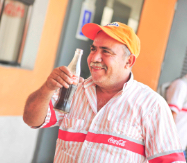


2017
With the vision of being the leading 3PL logistics services company in Latin America with presence in North America we founded Solistica, a company that consolidates the experience and knowledge of FEMSA Logística, Expresso Jundiaí, Atlas, Zimag and Open Market.
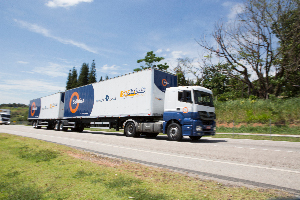
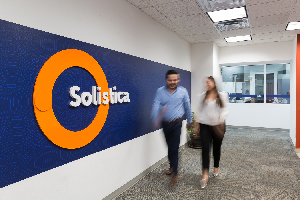
2016
Coca-Cola FEMSA further strengthened its presence in Brazil through the acquisition of Vonpar, an important and strategic franchise in the south of the country.
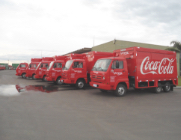


FEMSA Comercio adquirió Big John, operador líder de tiendas de conveniencia basado en Santiago, Chile.

2015
Expansión en Sudamérica
We purchased Farmacias Farmacon, based in the city of Culiacán, Sinaloa, which operates over 200 stores in the Mexican states of Sinaloa, Sonora, Baja California and Baja California Sur.


We acquired the Brazilian company Atlas Transportes e Logística, consolidating us as one of the most important providers of logistics services in Latin America.
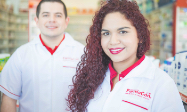


We successfully acquired a majority stake in Grupo Socofar, ("Socofar"), leading pharmacy operator in South America, which operates more than 640 pharmacies and 150 beauty stores in Chile as well as 150 pharmacies in Colombia.
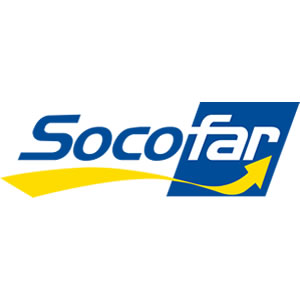
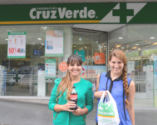

We inaugurated a new bottling plant in Itabirito, Brazil, which is characterized by its production capacity, implementation of the latest technologies and by gathering the greatest number of sustainable initiatives of the entire Coca-Cola system.
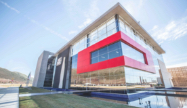
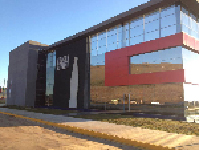
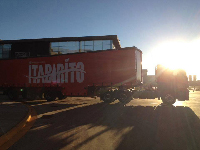
Contributing to the economic and social growth of the region, we inaugurated a new and modern bottling plant in Tocancipá, Colombia.
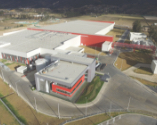
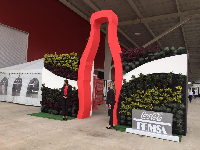
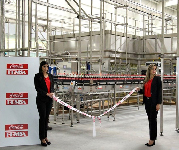
2014
We adquired 80% of Gorditas Doña Tota fast food chain.
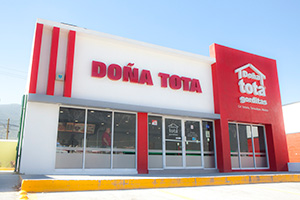


2013
We acquired 100% of Industria Brasileira de Bebidas S.A. (SPAIPA), the second largest private bottler in Brazil.
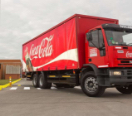
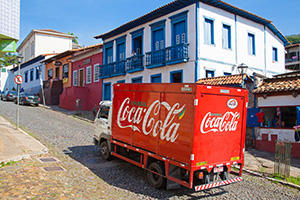

We purchased Expresso Jundiaí in Brazil.
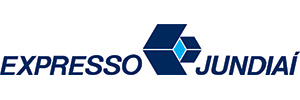


We purchased Companhia Fluminense de Refrigerantes, consolidating our leadership in Río de Janeiro, Minas Gerais, and Sao Paulo Brazil.
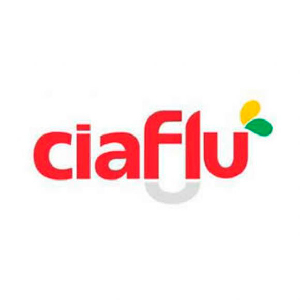

We acquired Farmacias FM Moderna, leader in Sinaloa, and Farmacias YZA, leader in the Mexican southeast based in Mérida, Yucatán.
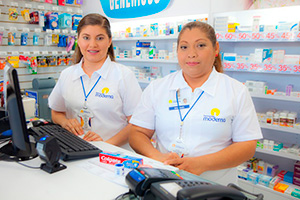
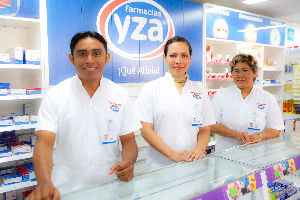
We merged the operations of Grupo Yoli and Coca-Cola FEMSA.
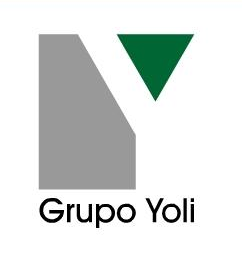

We gained control of Coca-Cola Bottlers Philippines, Inc., CCBPI, owned by the Coca-Cola Company.
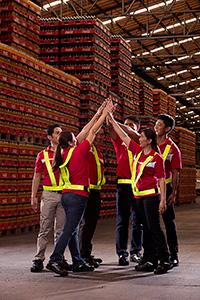
2012
We merged the beverage business in Grupo Fomento Queretano, S.A.P.I. de C.V. and Coca-Cola FEMSA S.A.B. de C.V.
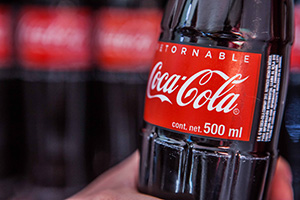

We acquired 51 percent of the bottling operations of the Coca-Cola Company in the Philippines.
2011
We merged the soft drinks division of Grupo Tampico and Corporación de los Ángeles S.A. de C.V. with Coca-Cola FEMSA S.A.B. de C.V.
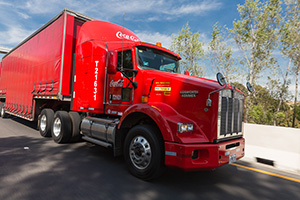


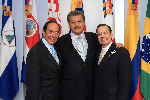
2010
We traded 100 percent of the FEMSA Cerveza stock shares for 20 percent of the Heineken stock shares, increasing our market share and our global competitive edge.
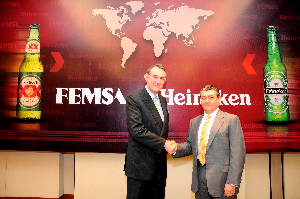
2009
We purchased the Brisa bottled water business, including the brand and profitable assets, owned by Bavaria, a subsidiary of SABMiller.
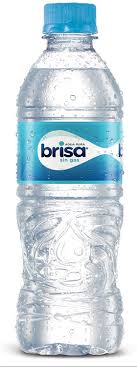
We launched Imbera, a manufacturer of cabinet store coolers that instituted a new standard for this industry.

2008
By acquiring Refrigerantes Minas Gerais Ltda., REMIL, we expanded our presence in Brazil and the number of our clients and consumers grew substantially.
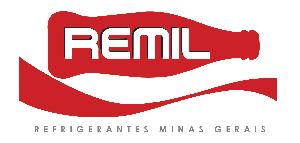
We were included in the list of the ten largest employers in Mexico and won the Best Employers Mexico 2007–2008 award from Hewitt Associates, the renown headhunter.
We constituted the FEMSA Foundation, an instrument for socially oriented investments that funds education, science, and technology for the preservation and sustainable use of water as well as promotion of a healthy community life.
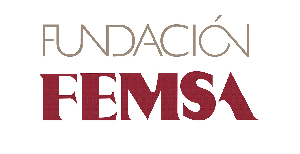
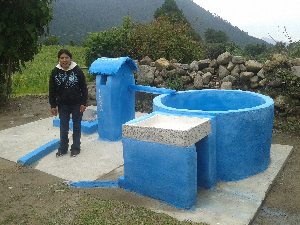
2007
Jointly with The Coca-Cola Company, we acquired Jugos del Valle, which consolidated our position in carbonate-free beverages.
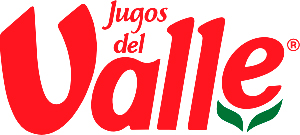
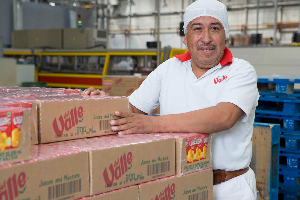
2006
We acquired control of the Brazilian brewing company Kaiser.

2005
We won recognition as a Compañía Socialmente Responsable, ESR [Socially Responsible Company] for our Coca-Cola FEMSA, FEMSA Comercio, and FEMSA Insumos Stratégicos units by the Centro Mexicano para la Filantropía, CEMEFI [Mexican Philanthropy Center].
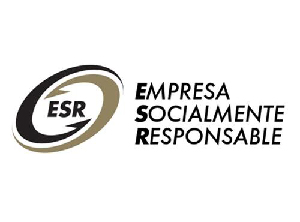
We opened IMER, a PET recycling plant with the largest capacity in Latin America and the first of its kind in Mexico.
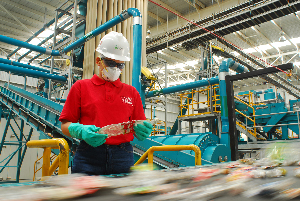
In the City of Puebla we opened the largest malt producer in Mexico and one of the largest in the world.
We developed a Coca-Cola FEMSA mega distribution center in the "Puebla 2000" industrial park.
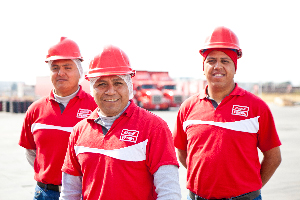
2004
We repurchased 30 percent of the Cervecería Cuauhtémoc Moctezuma stock owned by John Labatt Limited, which allowed us to control imports, marketing, and distribution of our brands in the United States.
2003
We bought Panamerican Beverages, Inc., Panamco, and the largest bottling operation in Latin America and one of the three largest bottlers of Coca-Cola beverages in the world. Thus, we became the leading bottling company of Coca-Cola products in Latin America and the second largest in the worldwide Coca-Cola system.
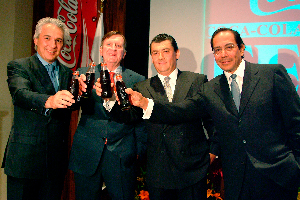
2000
By means of a partnership between ORACLE and FEMSA Logística we created Solística.com, an internet based logistic services company.

After 22 years, we closed the Monterrey Museum after deciding to concentrate our philanthropic efforts on projects that entailed a high social impact such as education, environment, cultural programs, and assisting the underprivileged.
1998
We decided to change our name from VISA to FEMSA by trading shares of stock. In May our shares were listed as FEMSA`s in the New York Stock Exchange, NYSE.
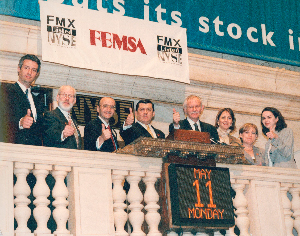
We began operating FEMSA Logística as an independent company.

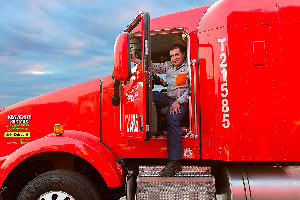
1996
We acquired the SIRSA’s property in Buenos Aires and an additional 24 percent of KOFBA shares.
1995
We associated with Amoco Oil Co. to create Amoxxo and operate our OXXO Express service centers.
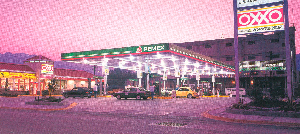
1994
In a partnership with the Canadian John Labatt Limited brewery they acquired 30 percent our shares.
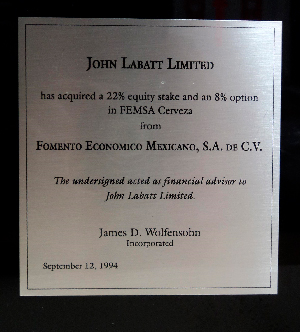
To start globalization of Coca-Cola FEMSA, we purchased 51 percent of Coca-Cola Buenos Aires, Argentina.
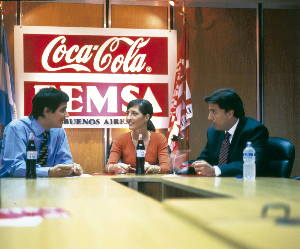
1993
We sought a partnership with The Coca-Cola Co. to accelerate the growth of our company Coca-Cola FEMSA. First, The Coca Cola Co. bought 30 percent of the Coca-Cola FEMSA stock, and then we placed 19 percent of the stock in the Mexican Stock Exchange, BMV, and in the New York Stock Exchange, NYSE.
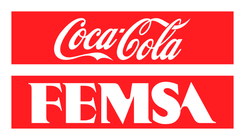
1991
In Navojoa, Sonora we opened one of the most modern breweries in the world. Two years after it was commissioned, the plant was producing five times its initial output.
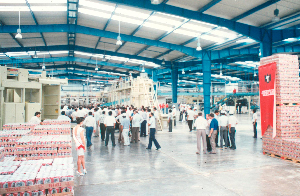
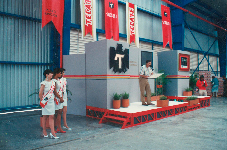
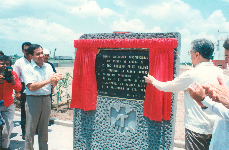
1990
We adjusted our graphic identity depicting the emperors Aztec rulers whose names we took for the merger of breweries and called it "Cervecería Cuauhtémoc Moctezuma".

1989
In line with the "One hundred years is a good beginning" slogan, we celebrated the first centennial of Cervecería Cuauhtémoc, the company that branched out into the whole group, conducting in-company event as well as nationwide festivities, with a significant projection into the communities.

1988
Once our debt was restructured, Fomento Económico Mexicano, S.A. de C.V., FEMSA, was constituted as the major subsidiary of VISA, where we grouped our breweries, with our packing, beverages, and retail companies.
1985
As a result of an historical decision, we merged with Cervecería Moctezuma. This added to our portfolio the renowned brands XX Lager, Superior, Sol, and Noche Buena, besides generating synergies that led us to leadership in the domestic market and reinforced our competitiveness abroad.
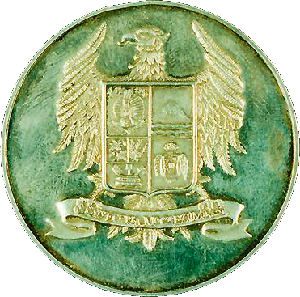
1980
We introduced the "Beer Drive" system for improved distribution of draft beer in consumer centers. For this operation we used water trucks and cooling tanks.
1979
VISA’s Soft Drinks Division acquired our first Coca-Cola franchise, the foundation of what years later would become our business unit Coca-Cola FEMSA.
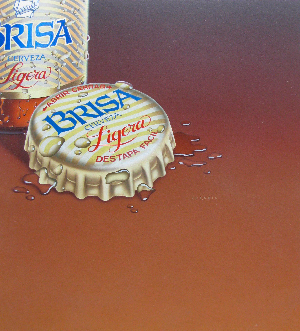
We launched the first Mexican light beer, Brisa, long before its time.
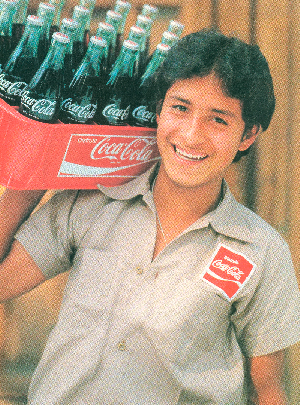
1978
We listed the VISA shares at in the Mexican Stock Exchange [Bolsa Mexicana de Valores, BMV].
OXXO opened its first stores in Monterrey, Mexico.
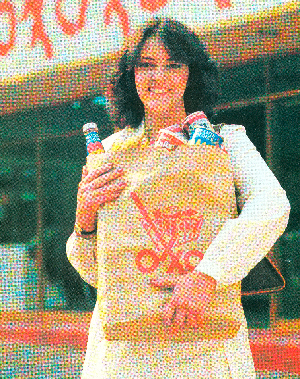
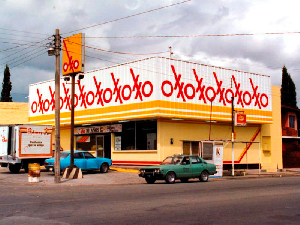
1977
We started manufacturing and using two-piece cans to prevent beer from leaking.
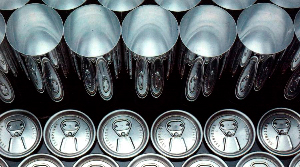
We opened the Monterrey Museum inside the central building of the Cuauhtémoc Brewery. Its purpose was the dissemination of all types of art, especially painting and sculpture
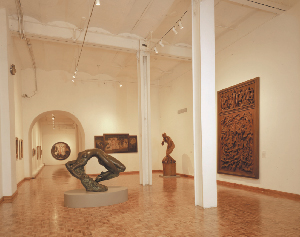
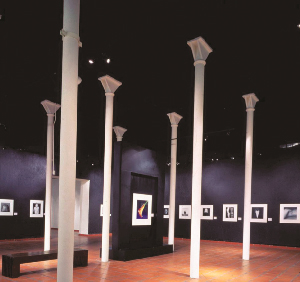
1976
We launched Plásticos Técnicos Mexicanos (PTM), manufacturer of plastic products and materials for the point of sale.
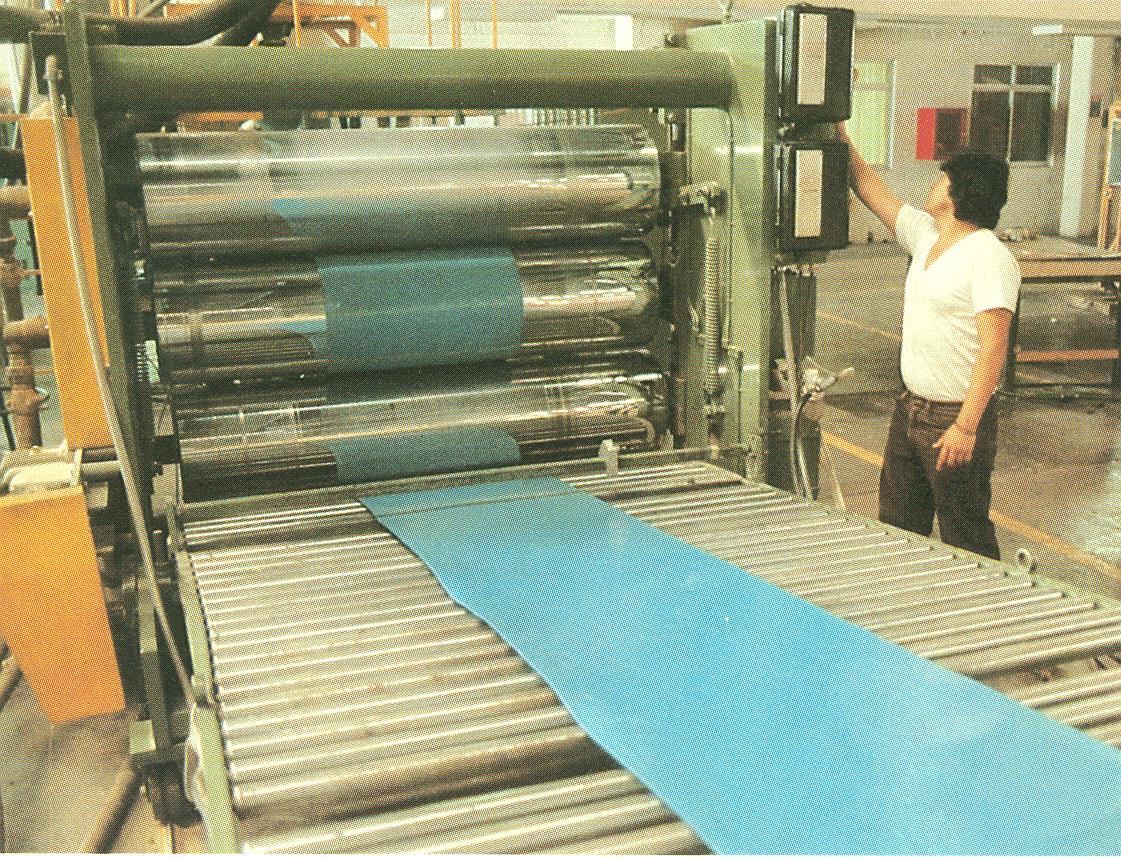
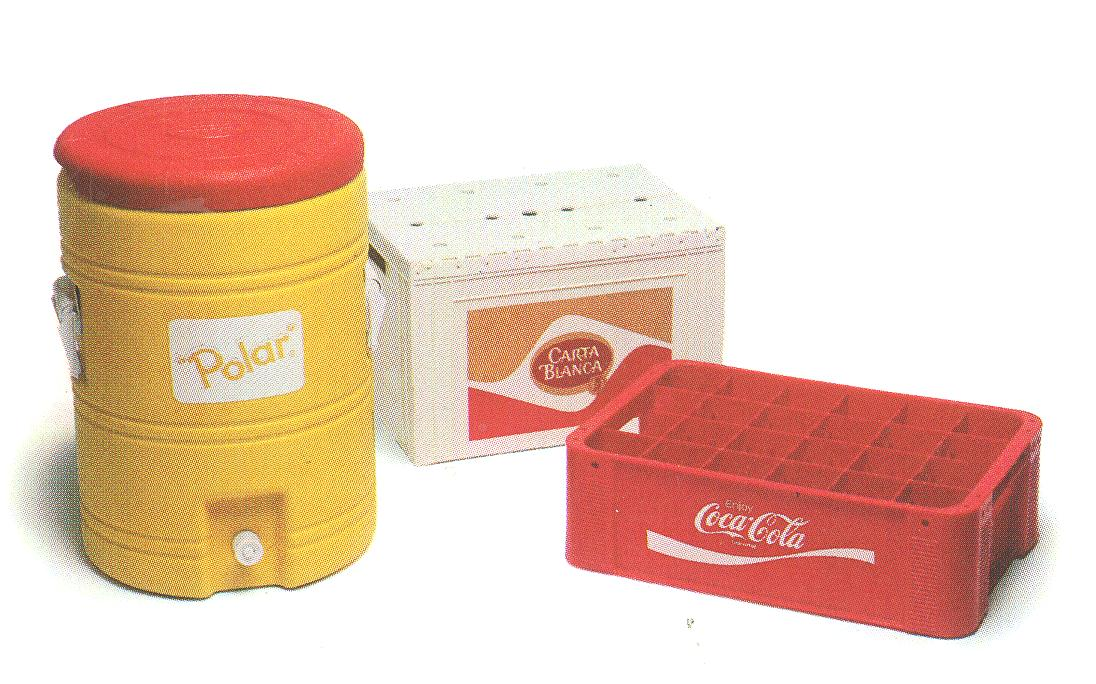
1974
As the group kept growing, two holding companies were created, VISA and ALFA. VISA assigned to Banca Serfín, Cervecería Cuauhtémoc and companies in its vertical development, basically packaging operations.
1971
We started to use safer plastic crates to transport our beers for better protection and a lighter weight.
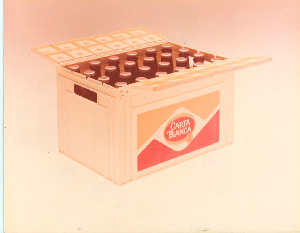
1969
We redesigned the bottle bottom to unscrew the metal tops from quitapón bottles and called them opening bottles.
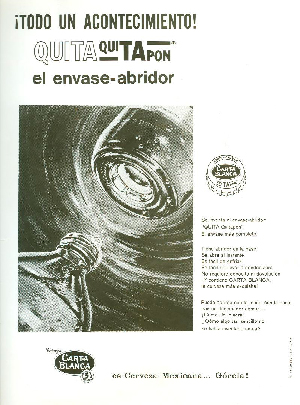
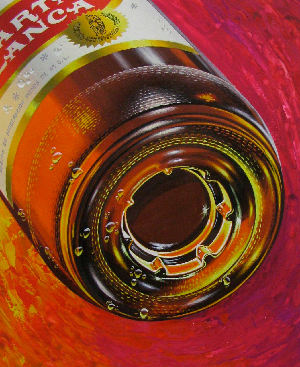
We built the most modern, streamlined brewery in Latin America at Toluca, State of Mexico.
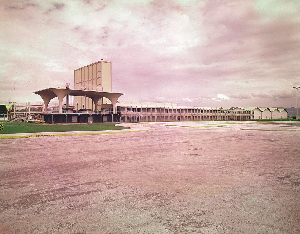
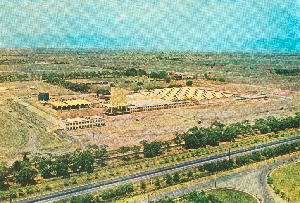
1967
We introduced the quitapón bottle, with twist-off cap.
1964
We added the pull-tab to the top of beer cans, with the new benefit of eliminating the need of a can opener.
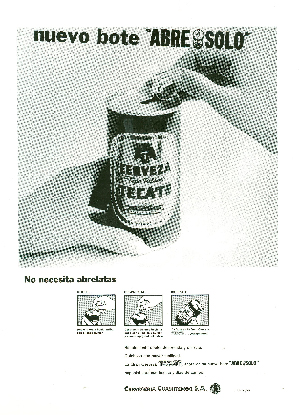
1957
The department in Cervecería Cuauhtémoc in charge of supplying labels became Grafo Regia, an independent firm that gradually expanded its operation to include all sorts of flexible packaging.
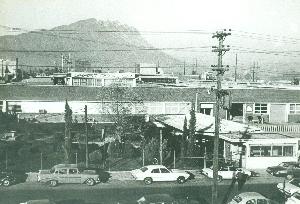
President of Mexico Adolfo Ruiz Cortines dedicated Colonia Cuauhtémoc in Monterrey, with 1,318 homes for our employees, years before the creation of INFONAVIT, a low-cost housing government organization.
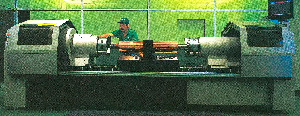
1954
We acquired a brewery in Tecate, Baja California and launched this small, regional brand all over Mexico, which became the first mexican canned beer.
1948
We began selling crushed ice in points of sale to provide cold beer to consumers.
We also launched the Transparámbar amber glass bottle, to prevent light from impairing the beer quality.
1945
The SCYF health clinic opened to serve our workforce free of charge, even before the advent of Instituto Mexicano del Seguro Social, IMSS [Mexican Social Security].

1944
We dedicated the 9 hectares SCYF sports park, to conduct sports events.
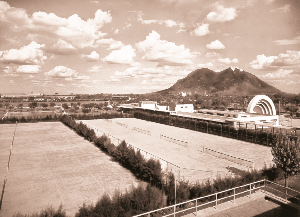

1943
Eugenio Garza Sada, at the time C.E.O. of Cervecería Cuauhtémoc, founded with the help of other industry leaders the Instituto Tecnológico y de Estudios Superiores de Monterrey, ITESM, which he used to call "my ninth and dearest child ". He was its most devoted promoter and ideologist.
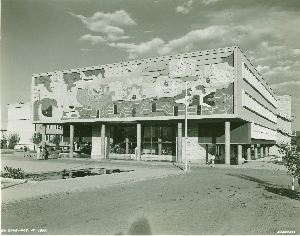
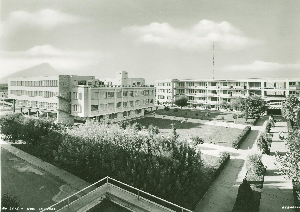
1942
On account of the impediments to import sheet steel to manufacture our metal bottle tops, we founded the steel mill Hojalata y Lámina, S.A., Hylsa, which in due time became one of the largest companies in Mexico, renown for the quality of its products and technological developments.
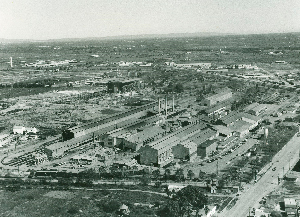
1940
We created Almacenes y Silos, a company engaged in storing grains and other raw materials used by Cervecería Cuauhtémoc.


Cervecería Cuauhtémoc sustituyó el uso de la corcholata, implementada en sus productos desde 1903, por la hermetapa, innovación en la industria cervecera nacional.
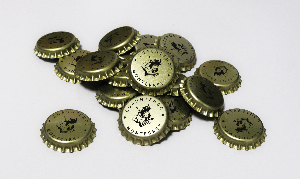
1936
The original packaging department in Famosa, where corrugated cardboard boxes were made, became Titán, S.A., an independent company that has since expanded its product line to include all sorts of cartons.
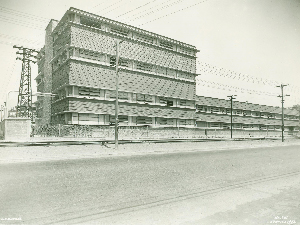
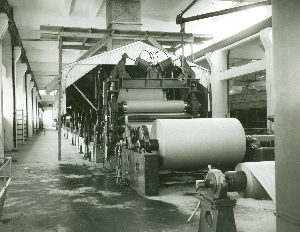
We founded Malta S.A. with the purpose of supplying the essential malt Cervecería required.
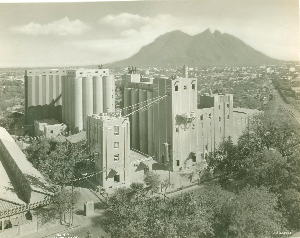
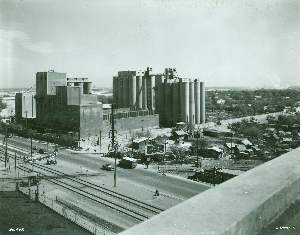
On May 12 Valores Industriales S.A., VISA, was constituted as a holding company for all the group members: Cervecería Cuauhtémoc, Famosa, Titán, and Malta, to name a few.
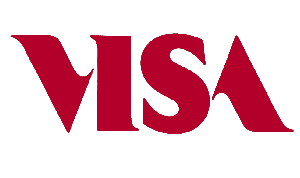
The Sociedad Cooperativa de Ahorros e Inversiones para los Empleados y Operarios de la Cervecería Cuauhtémoc, S.A., changed its name to Sociedad Cuauhtémoc y Famosa or SCYF, as it is widely known.
1930
We transformed the way beer is stored by replacing wood barrels with metal cylinders. This prevents carbon gas leaks and enables pasteurization, to supply an improved product.
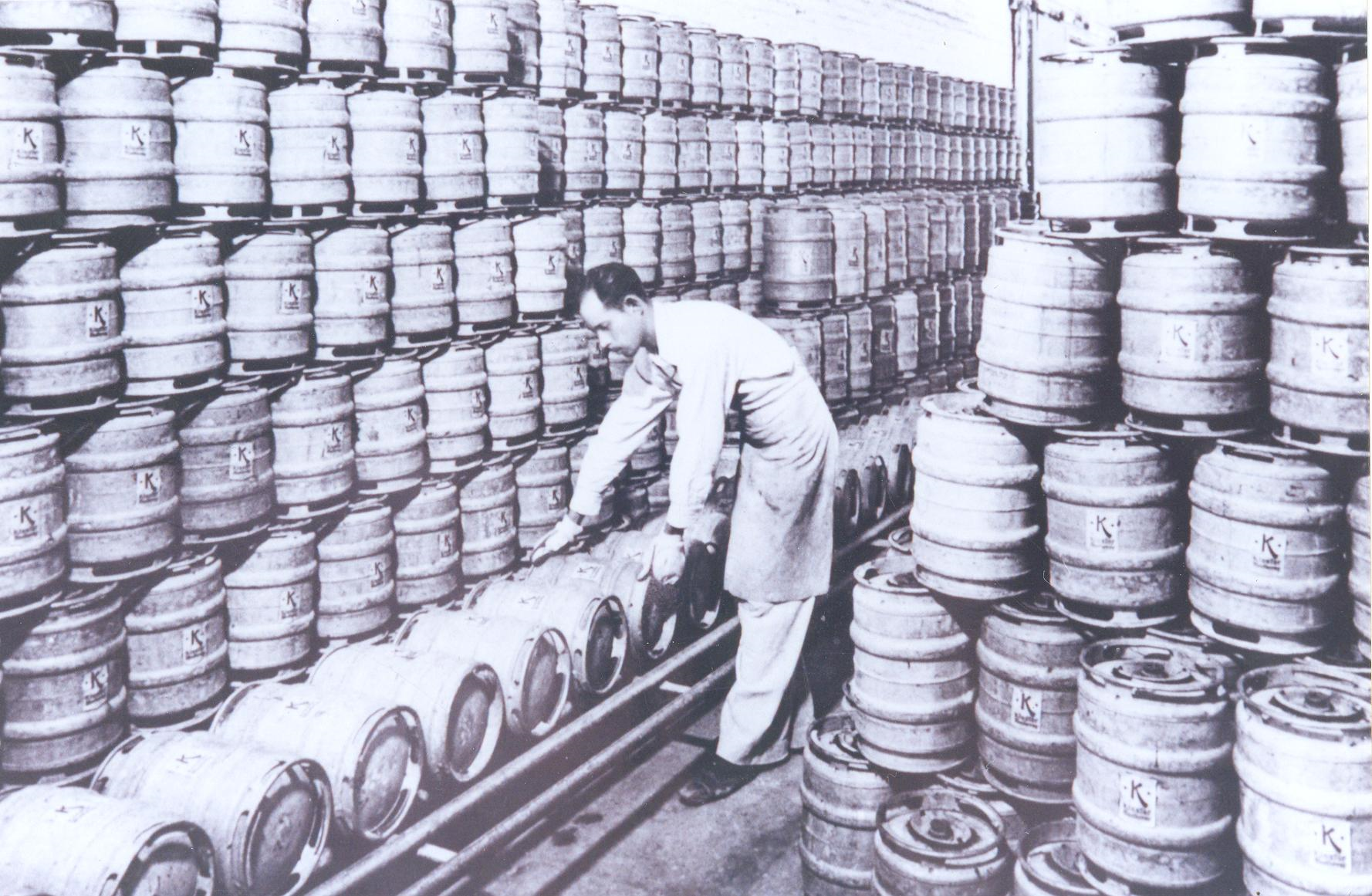
1929
We created exclusive distributor Company Comercial Distribuidora.
1926
We replaced wood bottle crates with cartons.
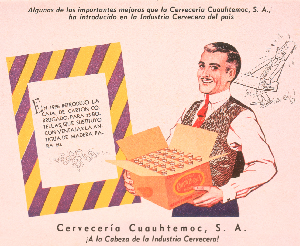
1923
We introduced carbon gas, so serving beer from barrels would be more convenient for consumers.
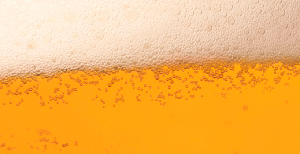
1921
As a former department spinned off into a new company, Fábricas Monterrey S.A. de C.V., Famosa, started producing the beer caps in a facility across our plant, and soon diversified to produce metallic cans.
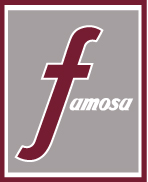
1918
We constituted Sociedad Cooperativa de Ahorros e Inversiones para los Empleados y Operarios de la Cervecería Cuauhtémoc, S.A., to foster the comprehensive growth of our employees and their families. Its purpose was to provide groceries, health care, a savings fund, discounts, sports, courses and scholarship, among other benefits.
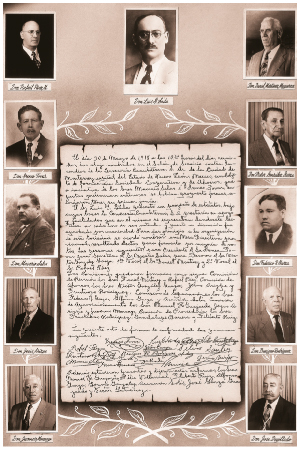
1914
Although Monterrey was marginal to the outbreak of the Mexican Revolution, General Pablo A. González occupied the city on April 24 and seized our company until November.
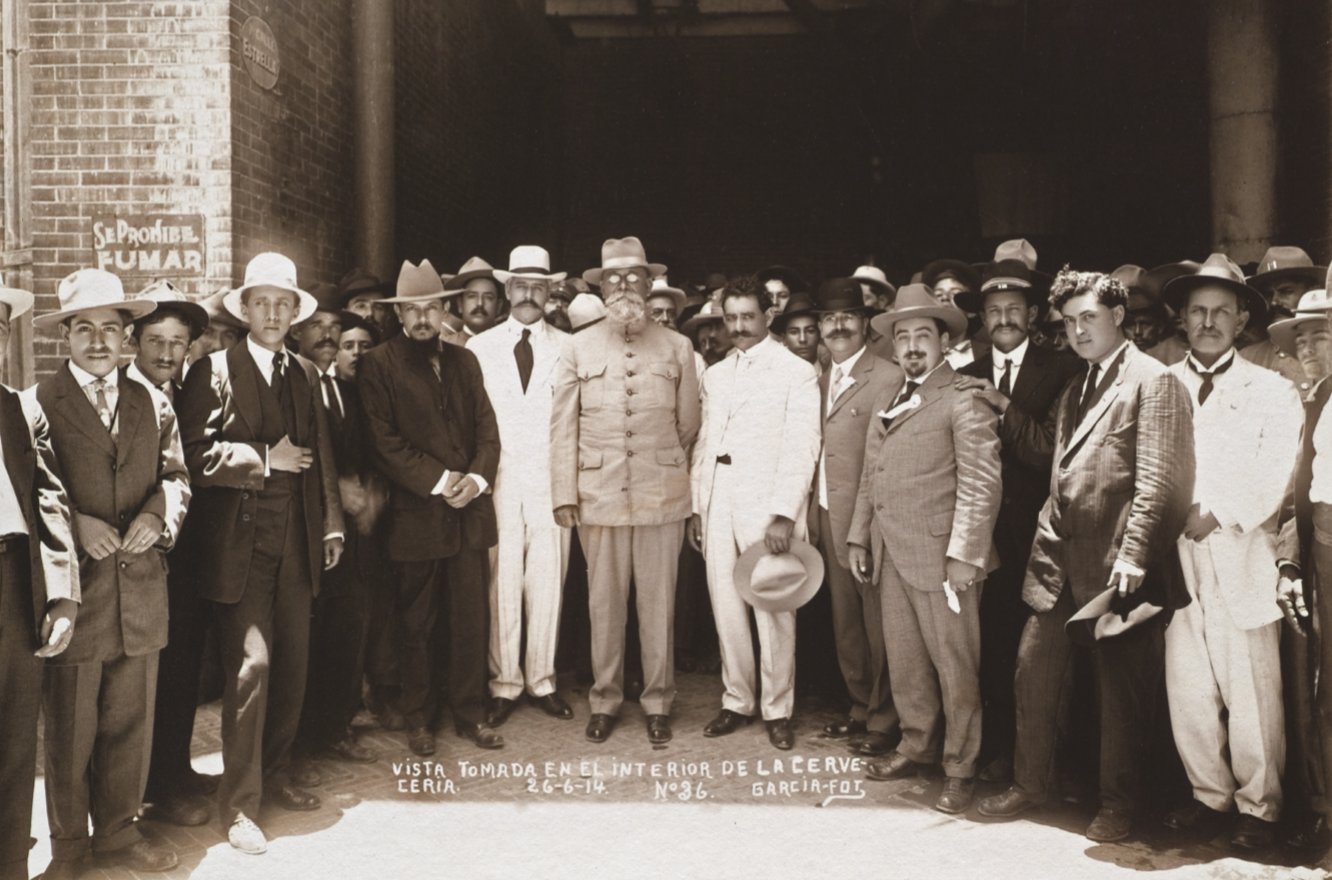
1911
We founded Escuela Politécnica Cuauhtémoc, where we teach elementary, high school, clerical courses, arts and trades, additionally to training our workers in electricity, fermentation, physics, and chemistry.
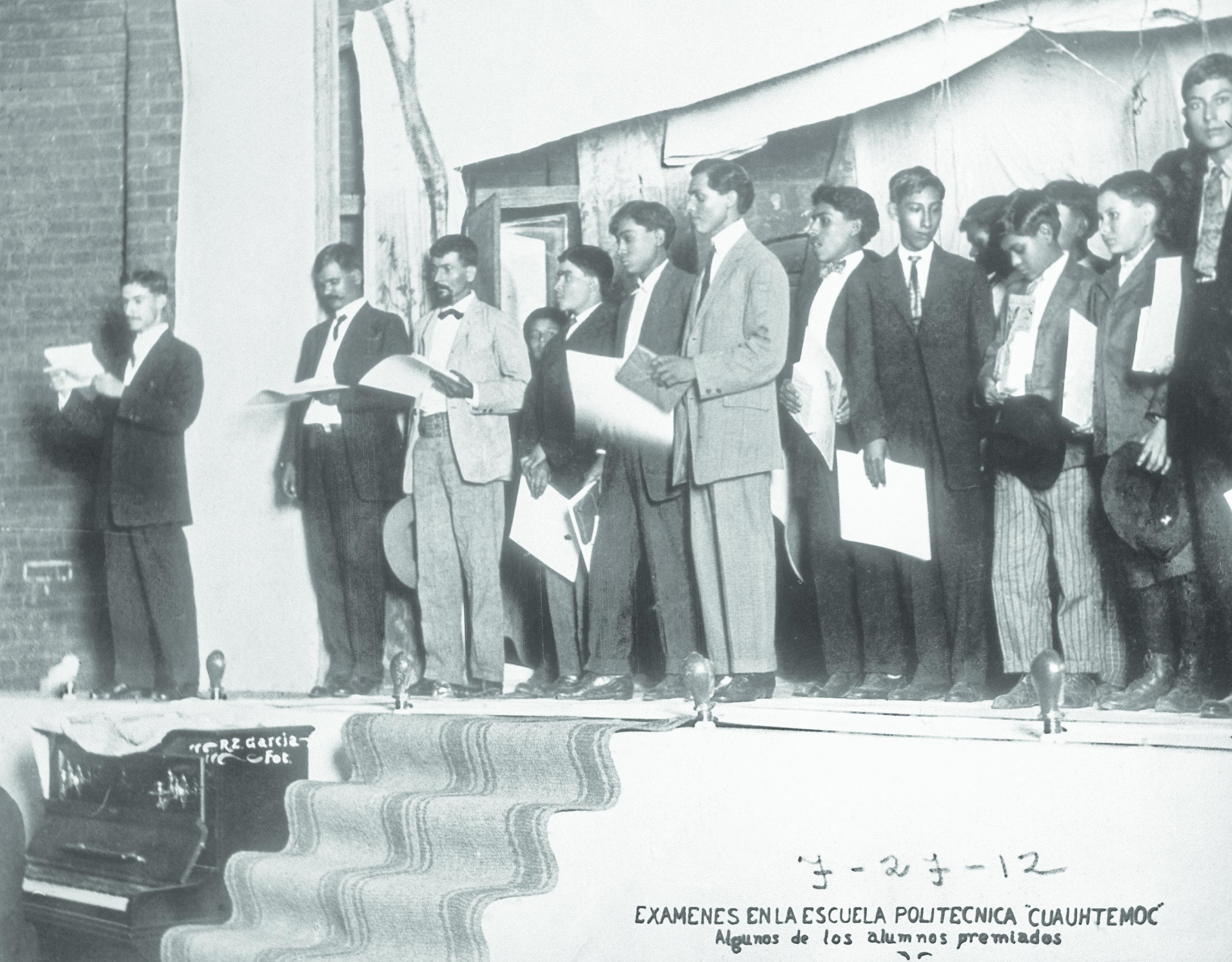
1909
By opening Vidriera Monterrey, we reinstated the supply of glass bottles.
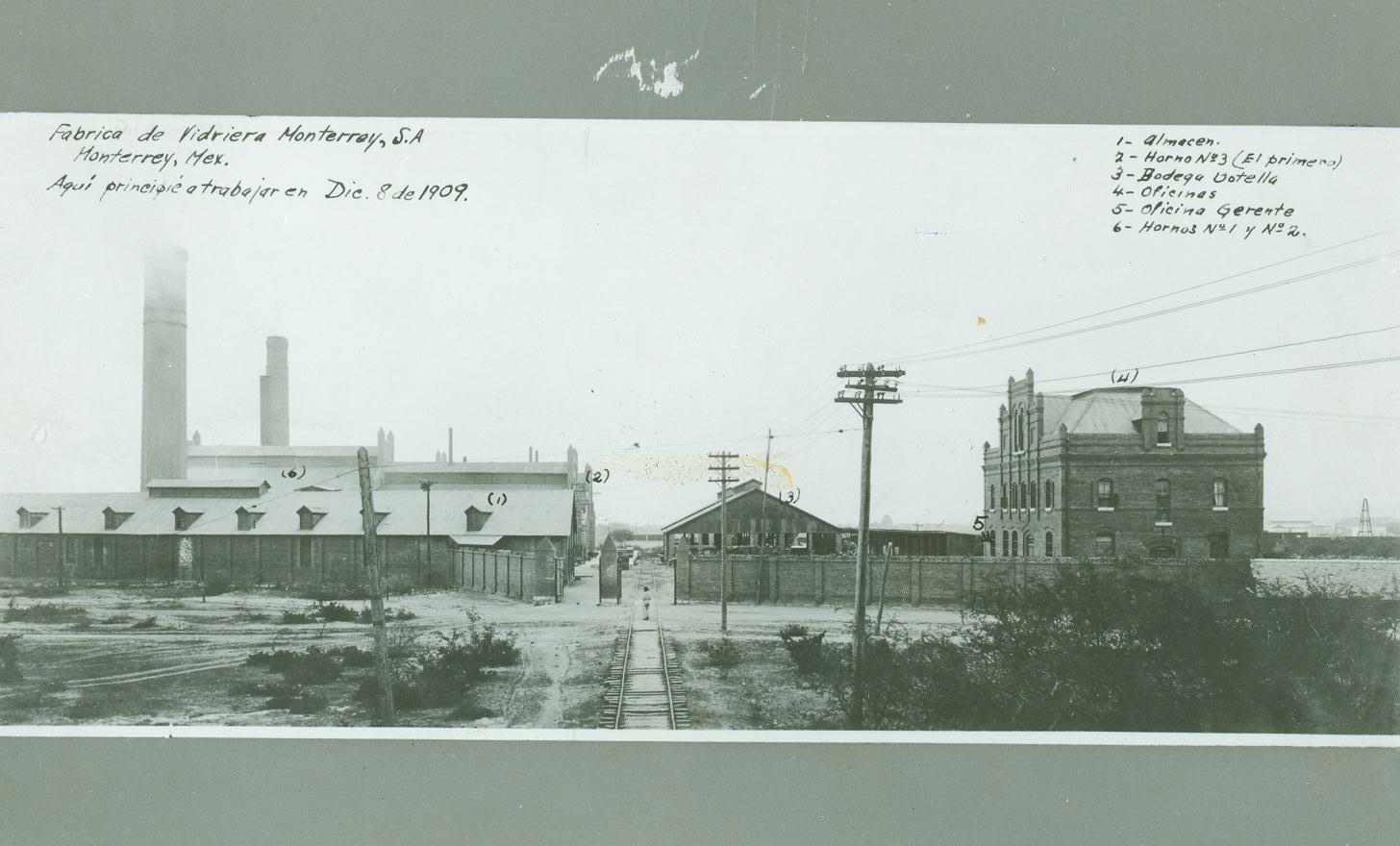
1908
His Majesty King Alfonso XIII of Spain appointed us royal suppliers and allowed us the use of the Spanish coat of arms in our labels and stationery.
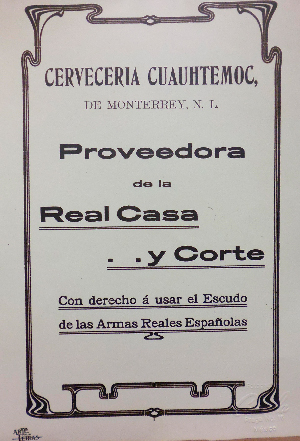
1903
As the first Mexican brewery to replace corks with metal caps, we expedited the bottling process and added consumer convenience.
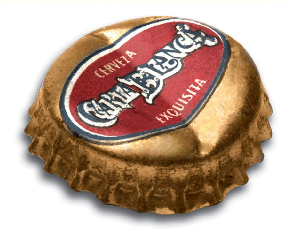
1899
We founded the glassworks Fábrica de Vidrios y Cristales for a steady supply of glass bottles; but the plant was shut down temporarily on account of technical glitches and high manufacturing costs, to reopen in 1909 with a different name.
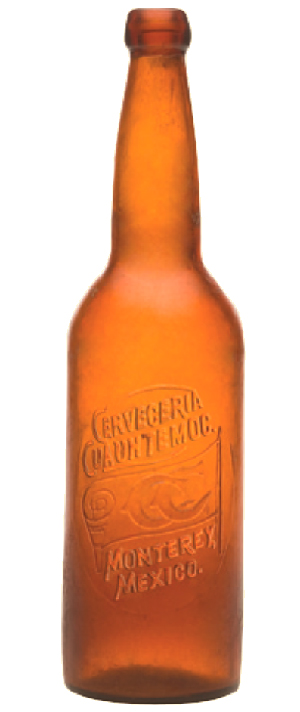
1890
Five enthusiastic entrepreneurs, Isaac Garza, José Calderón, José A. Muguerza, Francisco G. Sada, and Joseph M. Schnaider founded the Cervecería Cuauhtémoc brewery, at the time also known as Fábrica de Hielo y Cerveza Cuauhtémoc, at Monterrey, Nuevo León, Mexico. The original workforce consisted of 70 operators, 2 clerks, the capital 150 thousand pesos.
